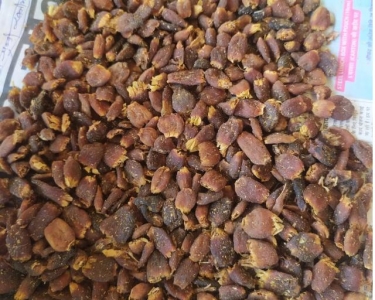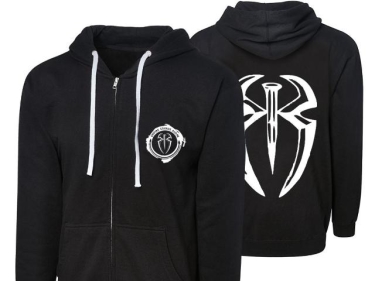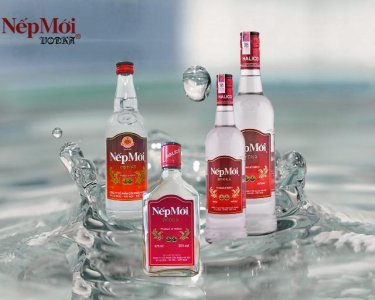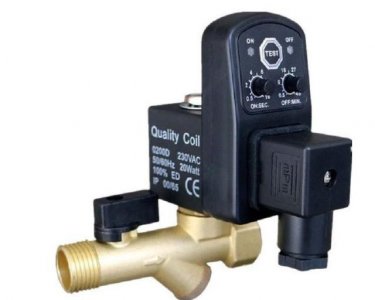Live animals
Couldn't find the product you want?
Fill out this form to request the product.
Products You May Like
Export from Myanmar
Myanmar, also known as Burma, is a state in Southeast Asia bordered by Bangladesh, India, China, Laos and Thailand.
The economy of Myanmar is an emerging economy. It is rich in jade and gems, oil, natural gas and other mineral resources.
Myanmar produces precious stones such as rubies, sapphires, pearls, and jade. Rubies are the biggest earner; 90% of the world's rubies come from the country, whose red stones are prized for their purity and hue. Thailand buys the majority of the country's gems.
Myanmar once was Asia's largest rice exporter, and still accounts for nearly a third of the world's total teak production.
Myanmar’s largest exports are mineral commodities. These include items such as natural gas, petroleum, petroleum products, precious and semi-precious stones, tin, tungsten, zinc, coal, copper, lead and cement. The largest export item is natural gas, which is largely responsible for Myanmar's economic growth.
Other major commodities exported by Myanmar are pulses and beans, wood/forest products notably teak, fish, rubber, clothing.
The top export partners of Burma are Thailand, China, India, Japan and South Korea.
Import to Myanmar
Myanmar (Burma) has a difficult economic situation. The country is rich in resources, though lack of the necessary actions make it a stagnant economy.
Over the past four years, the Myanmar Government has introduced a series of reforms designed to improve the business climate and provide more favourable conditions for foreign businesses entering the market. A number of laws and regulations, including Myanmar’s Foreign Investment Law and mining legislation, are under revision.
Myanmar has definite sanctions imposed by the European Union, Norway, Canada, the United States and Australia, that limit trade across borders. In recent years, both China and India have attempted to strengthen ties with the government for economic benefit.
Top imports of Myanmar are refined petroleum, delivery trucks, broadcasting equipment, cars and palm oil.
The top import partners on Myanmar are China, Thailand, Singapore, Japan and India.
Check Out Export Portal: A Site That Lets You Export Live Animals
If you are looking to buy and export animals, then you came to the right place! Export Portal's Live Animals Department is an online marketplace for sellers and buyers of any livestock. We work to contribute to the live export industry, which brings many economic advantages and other benefits to countries that rely heavily on livestock imports. In fact, in just Australia alone, this industry contributes roughly $1.8 billion to the country's GDP each year. Moreover, it also ensures food security while helping people meet their protein needs as well.
Finding the Right Animal
We feature a wide range of pigs, cows, sheep, goats, horses, rabbits and hares, turkeys, bees, and fish for sale. An increasing number of American, Australian, German, South African, Argentinian, and Italian farmers and companies are advertising their livestock with Export Portal, portraying just how effective and helpful our site is.
To help customers make more informed purchasing decisions, our site lets users narrow down their searches by the age, breed, and sex of the animal. If you are feeling hesitant to shop on our site and want more detailed information, make sure to check out our seller ratings and reviews, which are written by our buyers and customers. We also collaborate with hundreds of trusted international shipping companies that arrange the transport of all kinds of animals and birds to any country in the world.
Online Shopping is More Simple with Export Portal
Export Portal is an ideal site for everyone who is an avid online shopper. Our convenient options make it easy to find and buy whatever you are looking for. Our seller network from all over the world has everything you need, and our customer support team will make sure you can find it. Our wide assortment of products will be sure to provide you with the best shopping experience. Make sure to check out our site and items today!
Customs requirements of Myanmar
Customs Department
Website: www.myanmarcustoms.gov.mm
Email: mcd.ygn@mptmail.net.mm
Address: 132, Strand Road, Yangon
Phone: +95-01-380729
Fax: +95-01-371231
The mission of the Myanmar Customs is to achieve trade facilitation through simplification of customs procedures, without adversely effecting customs control objectives to maintain proper collection of revenue.
The main objectives of Myanmar Customs are the following:
- Collection of revenue on import and export in accordance with the existing law, rules and regulations;
- Examination and investigation on goods imported and exported in accordance with existing laws, rules andregulations and taking action against incompliance;
- Compliance of statistics on international trade;
- Modernization of customs procedures to be in line with international practices;
- Cooperation and coordination with other allied law enforcement agencies;
- Supporting the development of trade and national economic development.
Tariffs
Myanmar is a member of the WTO. However international tariff standards cover only 18 percent of its goods and services. While its commitment to binding international tariffs agreements is limited, Myanmar generally levies tariffs that are comparable or lower than that of other countries in the region. Agricultural goods have an average tariff of 8.7 percent while non-agricultural goods have an average tariff of 5.1 percent. Tariffs generally range from 0 to 40 percent. Luxury items have the highest tariffs. As a member of the ASEAN Free Trade Area (AFTA), Myanmar has committed the Common Effective Preferential Tariff Scheme (CEPT) to reduce intra-ASEAN import tariffs for 93% of the total tariff lines by 2015, and 100% of the total tariff lines by 2018.
Documentation
The Myanmar Customs Department requires the following documentation:
1. Import license or permit;
2. Invoice;
3. Bill of Landing or Air Consignment Notice;
4. Packing list;
5. Other certificates and permits issued by the relevant government departments as a condition for import.
Labeling
Myanmar follows Codex guidelines and the ASEAN Common Principles and Requirements for the Labeling of Prepackaged Foods. All foods must be labeled and imported products must have the labels which must be affixed with the name and address of the local importer and/or distributor and the country of origin.
The label has to contain the following information:
- Name and brand of product;
- Country of origin;
- Name and address of the manufacturer;
- List of ingredients (including salt) and additives;
- Nutrition and caloric value;
- Allergenic ingredients and allergenic processing aids (gluten, soybean, peanuts, etc);
- Net weight/volume (metric system);
- Expiration date/shelf life;
- Shelf life (if the product has a shelf life of less than three months, it must include the day/month/ year of expiration);
- Products containing GMO s must be labeled accordingly.
Sources:
http://www.mof.gov.mm/en/content/customs-department
http://ec.europa.eu/trade/policy/countries-and-regions/countries/myanmar/index_en.htm





